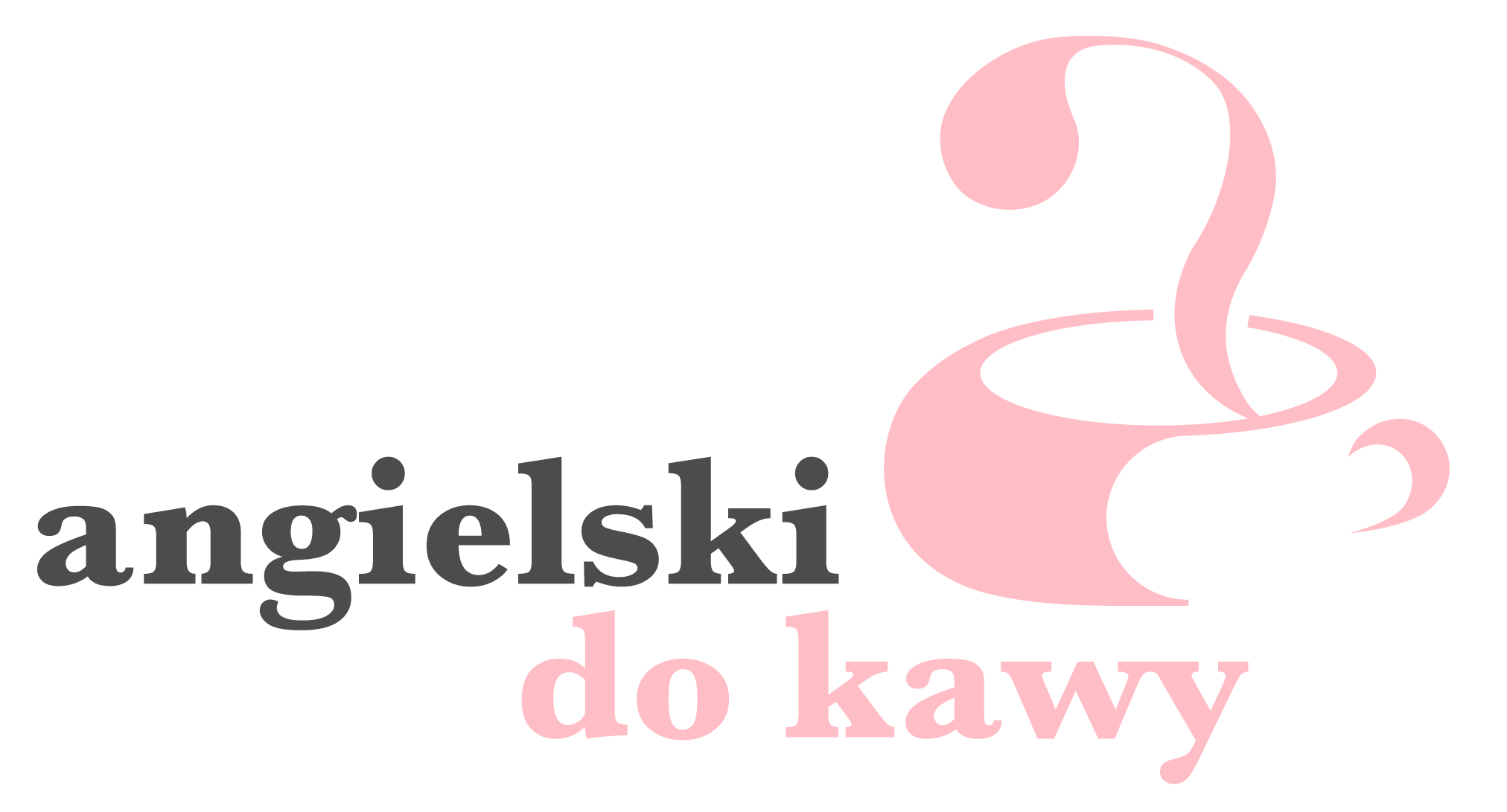Transcript of my podcast episode (6)
Before recording this episode, I was wondering if there’s anything I could recommend to you when it comes to learning English. And yes, of course, there is such a thing! Perhaps some of you are already familiar with this website, but for sure, there are lots of you who don’t know it. The website I’m talking about is youglish.com. It’s brilliant because it allows you to check how a certain word or phrase is pronounced, and how it’s used in different contexts. You can choose the version of English you’re interested in (e.g. English from the UK), and the website will show you all the videos where your word or phrase appears. It’s genius! I must tell you that sometimes when I look up a new word in a dictionary, I’m still not quite sure how to use it myself, or sometimes I want to check whether a certain collocation exists. In such situations, YouGlish is tremendously helpful! So not only does it let you listen to the correct pronunciation of words, but it also provides you with various contexts for the words of your choice.
I encourage you to use youglish.com regularly. You can use it, for example, to search for expressions that you learn here with me. So let’s get started!
The first expression today is TO MAKE PROGRESS. If you make progress, you improve or develop your skills, knowledge etc; you become better at something.
For instance: She hopes to make progress with her French in the next three months. Now, repeat after me.
The translation is: Ma nadzieję zrobić postępy we francuskim w ciągu trzech kolejnych miesięcy.
Another example: If you play truant too often, you will make very little progress at school.
Jeśli zbyt często będziesz chodzić na wagary, będziesz robić bardzo małe postępy w szkole.
The second expression today is TO BE/GET USED TO STH. When you are used to something or when you get used to something, it means that you are familiar or you become familiar with something. Of course, we can also be or get used to somebody. Remember that this expression is followed by nouns or gerunds, i.e. nouns made from verbs ending in “-ing”.
For instance: To be honest, we’ve got used to working in these conditions.
Szczerze mówiąc, przyzwyczailiśmy się do pracy w tych warunkach.
Another example: He’s not used to Polish cuisine, so show him some understanding.
Nie jest przyzwyczajony do polskiej kuchni, więc okaż mu trochę zrozumienia.
Now it’s time for your ENGSPRESSO to go!
Our context for the phrases is:
I can’t believe I’m so good at English now – I’m not used to making progress so quickly!
Nie mogę uwierzyć, że jestem teraz tak dobra w języku angielskim – nie jestem przyzwyczajona do tak szybkich postępów (dosł. do robienia postępów tak szybko).
I truly hope that you’ll be able to relate to the last sentence soon. Or perhaps you already feel that you’re making progress with your English. If so, share the good news with me! You can always send me a message on Instagram, or an e-mail if you prefer. I’m looking forward to your feedback!
Remember that if you’d like to get some printable flashcards with practical English expressions, you can subscribe to my Newsletter and get the flashcards for free. Now they contain 26 expressions, but there will be more of them soon. Stay tuned!
And one more thing – you can find the transcript of this episode on my website or at the link in the description of the episode.
Thank you for today and speak to you next time!
PS I've got no collab with YouGlish. I recommend the website just because I love it and find it very practical.




